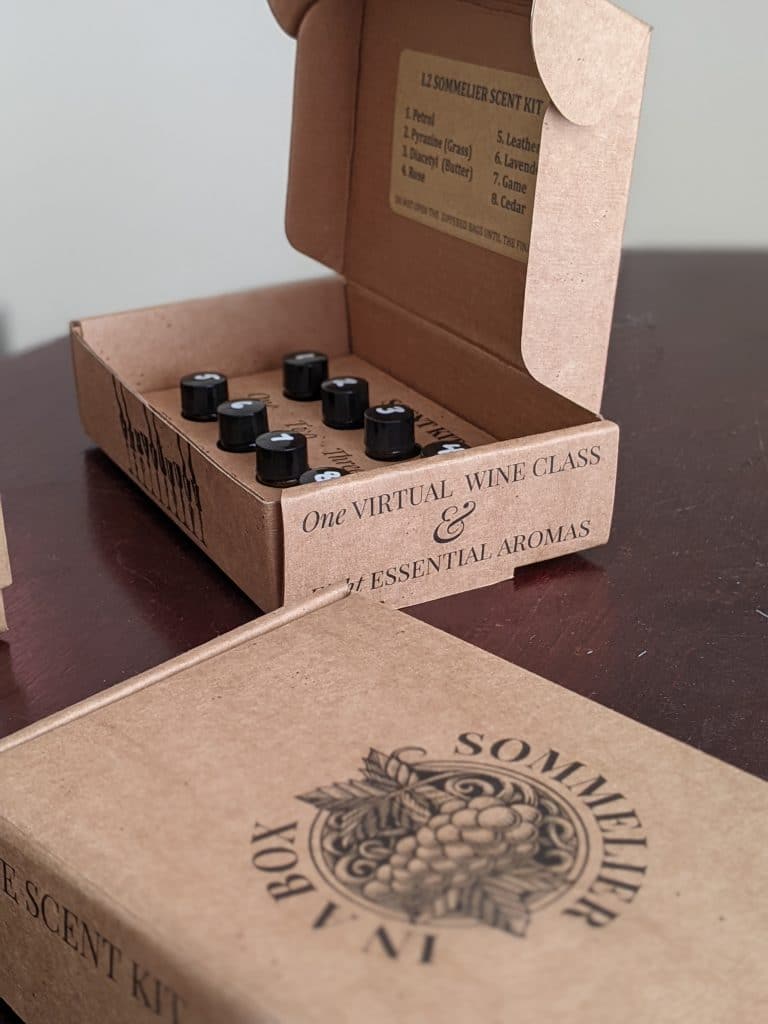Table of Contents
Anyone can become a wine expert with a decent work ethic and a little support. Wine is not rocket science. If you have the drive, you can become a winemaker or master sommelier. However, you must accept this fact: you will need to taste a lot of wine to become an expert.
Wine Jobs for Wine Experts
If you’re looking to make money being a wine expert, then these careers are what you should be considering.
Winemakers
The ultimate American wine experts are the ones who turn grapes into happiness and sunshine. Winemakers know the science and systems of winemaking. Sommeliers may get the glory, but winemakers are the heart and soul of the wine trade.
However, winemakers can be surprisingly deficient in many aspects of wine, including the nuances of wine history and winemaking regions outside their own experience. I can speak from experience on this subject. From winemaking to wine teaching, I have learned about wine regions and varietals.

Sommeliers
A sommelier certification is the liberal arts degree of the wine world. Sommeliers must see the whole world of wine. From the science to the economics, regionality, and wine history, a sommelier is expected to be conversant in all things wine.
A well-educated sommelier masters wine regions and legislation, wine styles, and producer profiles. A restaurant sommelier’s job is to know how a wine tastes before even opening the bottle, providing solid advice to customers.
For most people, a wine expert is called a sommelier.
Wine Writers
Wine writers are wine experts. They may never have worked the vineyards, fermented wine themselves, or performed a single day at a restaurant. With expertise in tasting, wine writers and reviewers master wine differently.
A core skill for a wine writer is deductive tasting. A wine writer should be able to identify the region and varietal of any wine.
Steps to Become a Wine Expert
Not all wine experts work in the wine trade. Many pursue it for intellectual and gustatory pleasure, a step up from being a wine connoisseur.
The first step to becoming a wine expert is acknowledging that you will always be a wine student. There will always be more to learn. If someone claims to know everything about wine, they are not a wine expert; they are just a wine snob.
Professional Wine Study
Attending a wine course like the Core Sommelier Program is recommended. Such programs are impossible to replicate with self-study. If you are not located near a reputable wine school, you should take online courses at the National Wine School.

Wine Tasting
Knowing the difference between terroir and winemaking is invaluable. Next, you need to understand how forces combine to shape a wine’s profile: climate, soil type, culture, and winemaking techniques. This is a more advanced level of wine knowledge, but one you should aspire to.
A critical element is the ability to recognize these regional variations. To be a wine expert means diving deep into wine tasting, and you can expect to purchase a half dozen wines every week.
Again, this is where attending wine school can help. Often, the cost of wine school is less than purchasing the wines yourself.

Self Study
Region and Terroir
Regional knowledge is the core skill of any wine expert. Start by studying each major wine-producing country. The best starting point is France. It produces some of the most famous wines, and its grapes—Cabernet Sauvignon, Chardonnay, and Pinot Noir—are major players in almost every other wine-producing country.
When studying, research individual wine regions. We strongly recommend buying a wine book like The World Atlas of Wine, which has excellent wine maps. Let your wine book guide you! You can move to another country once you have a basic handle on French wine regions like Burgundy, Champagne, Bordeaux, and the Loire Valley.
Italy is another great country to research. Taste wines from one region to another as you did with France. Then try Spain, Hungary, Portugal, Greece, and Germany. Once you understand Europe, you can move on to the New World wine regions.
You will need to taste wines from the major regions of all the essential wine countries. Done right, this can get expensive. Therefore, a strong recommendation is to sign up for a wine course with your local wine school. The class cost may be less than the total cost of the wines needed.
The Tasting Grid
You can taste hundreds of wines and learn very little. That is sadly what most people do. To be effective, you need a system. A tasting grid is a step-by-step method to evaluate wine.
First, evaluate wine visually, then with your nose, and finally with your palate. We offer a complimentary tasting grid to subscribers of our free wine newsletter. You can also build one yourself with relative ease.
The tasting grid helps organize your observations. How does the wine look? How does it smell and taste? You can link high acidity to cool regions and ripe fruit aromas to hotter climates. You can tie the flavors of cardamom and vanilla to oak aging or connect balsamic notes to a winemaking flaw. The tasting grid helps you deploy your wine-tasting skills effectively.
Sign Up & Save on All Classes!
Join our newsletter today and unlock exclusive offers and wine education insights straight to your inbox!
